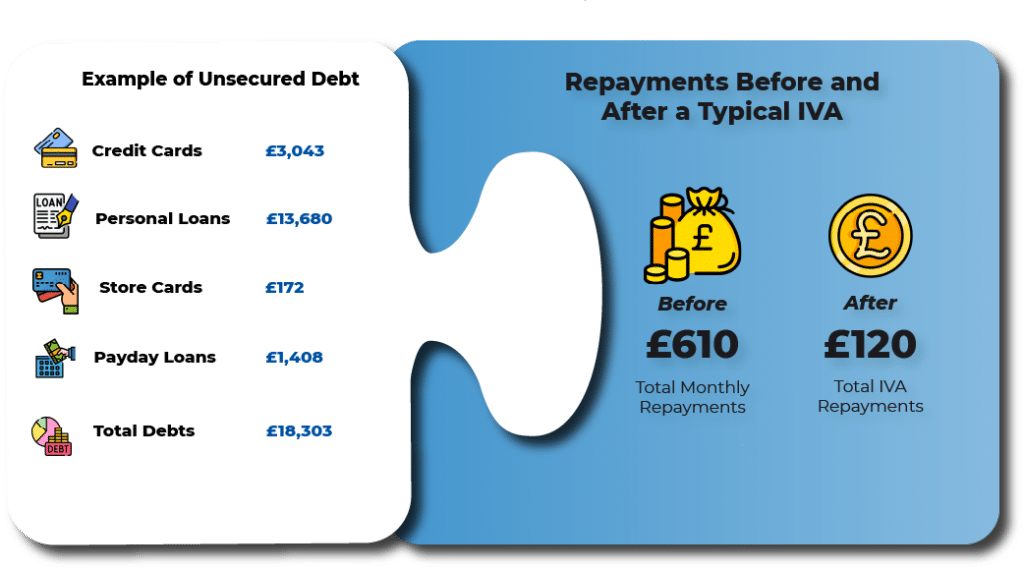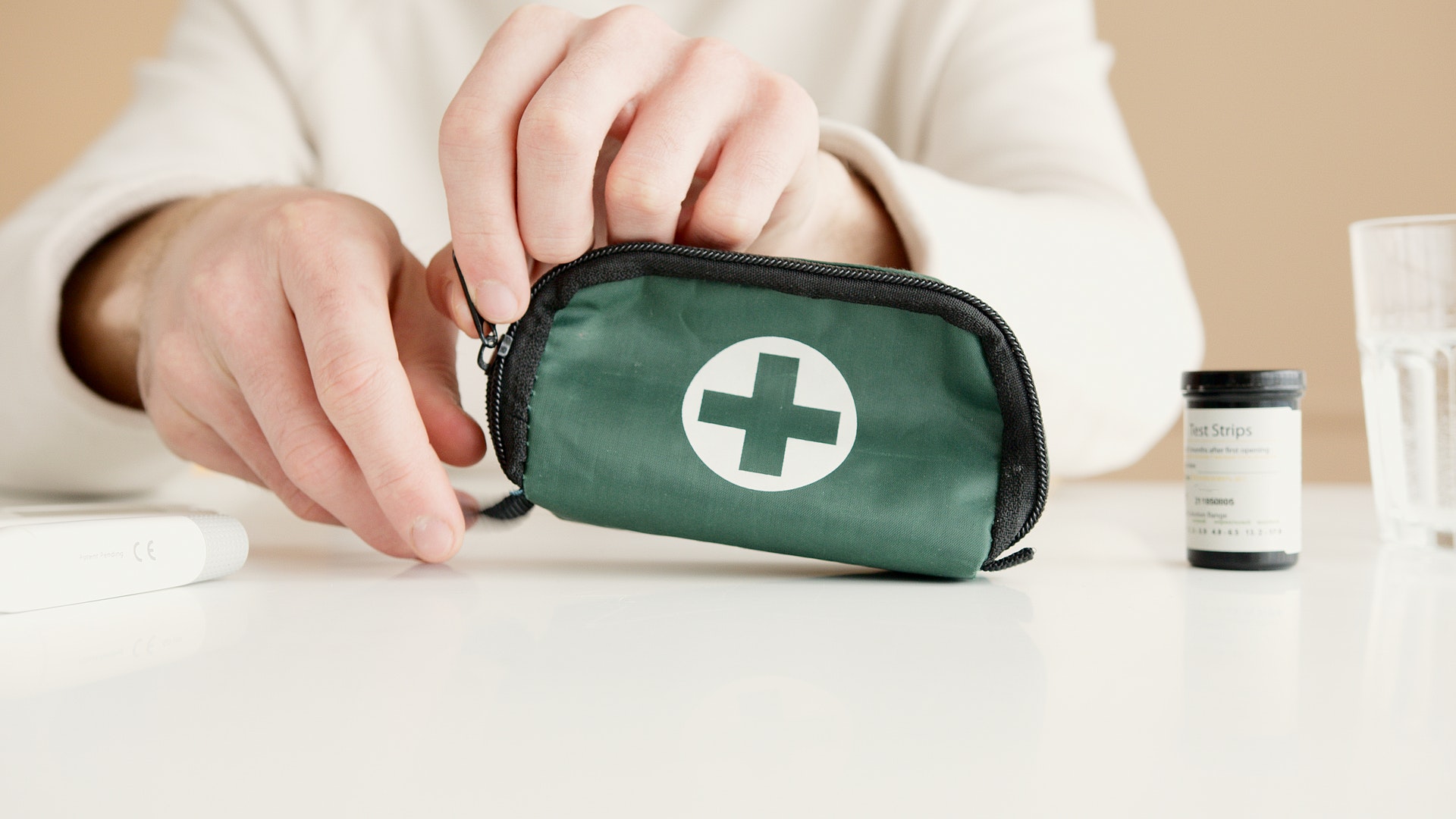Debt Relief Order

What Is A Debt Relief Order? | DRO
We could write off up to 85% of your unaffordable debt
Table of Contents
What Is A Debt Relief Order (DRO)?
Designed for individuals with very little disposable income, the DRO can be accessed if you don’t own your own home and have a debt of no more than £30,000.
A Debt Relief Order (DRO) allows any payments for your debt to be frozen for a period of 12 months. A DRO needs to be set up through a DRO Advisor and the Insolvency Service. As soon as your DRO has been activated, your creditors will no longer be able to contact you to pursue your debt.
In order to set up a Debt Relief Order, you must contact a DRO Advisor and pay a £90 fee.
Debt Relief Orders are only available to residents of England, Wales & Northern Ireland. If you are a resident of Scotland, then a Minimal Asset Process (MAP) is a similar solution.
How Does a Debt Relief Order (DRO) Work?
Once your DRO has begun, your debts and any interest or charges that go with them, are ‘paused’ for 12 months. During this period, you do not need to repay any debt and the creditors will not be allowed to chase you.
If your financial situation improves during the 12-month period then you could be told to resume repayments, however, if your financial situation stays the same, or continues to deteriorate, then your debt could be written off.
Getting A Debt Relief Order
The conditions for a DRO (Debt Relief Order) are strict, so you must meet the following criteria:
Have lived in England, Wales or Northern Ireland for the last 3 years.
Your debts can be no larger than £30,000
You are unable to pay those debts
You have no more than £50 disposable income per month
You don’t own property
Your car is worth no more than £1,000
You have no other assets worth over £1,000
You aren’t involved in any other debt solutions
Which Creditors Can Be Included in a Debt Relief Order?
A Debt Relief Order (DRO) can cover a wide range of debts, including the following:
Benefit overpayments
The following debts can not be included in a DRO:
Criminal fines
Social fund loans
Compensation for injury or death
Child support or maintenance
What Impact Could a Debt Relief Order Have on my Life?
A DRO (Debt Relief Order) will have a negative impact on your credit score for 6 years. However, if you already have numerous debts that have defaulted, then having a DRO will have less negative impact than all that failing debt and having action taken against you.
During the period of a DRO you will be placed under a number of restrictions including:
Not being able to borrow more than £500 unless you declare your DRO to the lender
If you need to open a new bank account, then you will need to declare the DRO to the bank
You will not be able to manage a business without seeking permission from the court
Be a director of a company
Any violation of these restrictions could result in you being prosecuted.
If you are found to have been dishonest in your application or if you break the restrictions, then you could be the subject of A Debt Relief Restrictions Order, which could extend the restrictions you have already been placed under for up to 15 more years.
Who Can Help Me If I'm Struggling With Debt Repayments?
A Debt Relief Order (DRO) is best suited to people who have very little spare money every month, but If you fit the criteria then it could be a good option.
If you are struggling with debt and you don’t think you fit the conditions of a DRO, then contact us at IVA4Me for assistance.

Debt Relief Order FAQs

What Are The Consequences of a Debt Relief Order?
For some, a Debt Relief Order can provide a great pathway out of debt. But it can have quite an impact on your life. Read on to find out what these areas of impact are and how they could affect you individual circumstances.

What Happens After 12 Months of a Debt Relief Order?
Once agreed, a Debt Relief Order (DRO) provides the candidate with a 12 month period, known as the ‘moratorium’. The idea is that, during this time, your creditors are unable to chase your debt and you are not obliged to make any payments. Read on to find out what happens once that 12 month period has ended.

Does a Debt Relief Order Clear My Debts?
Yes and No. The answer to this question largely depends on which types of debt you have.
